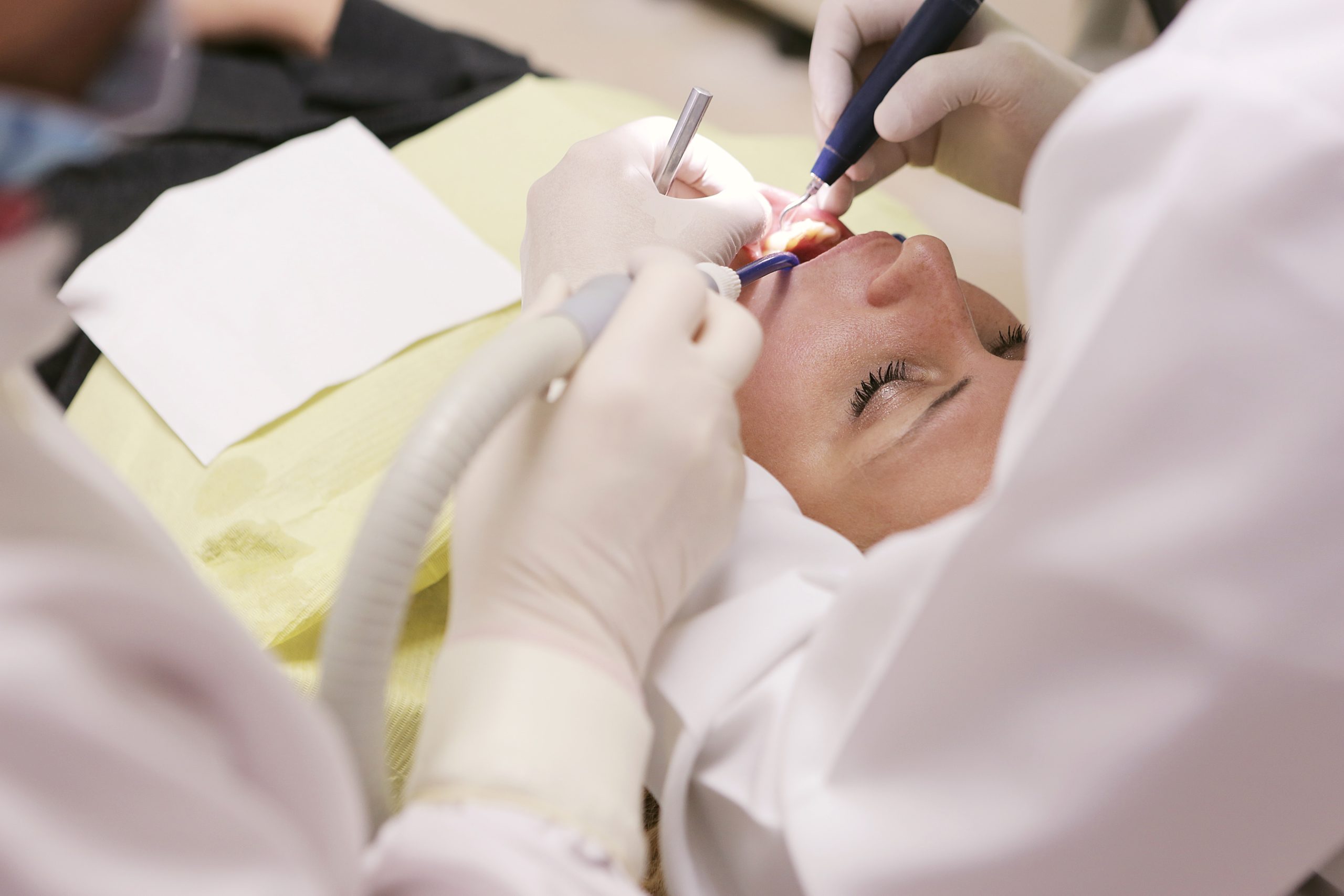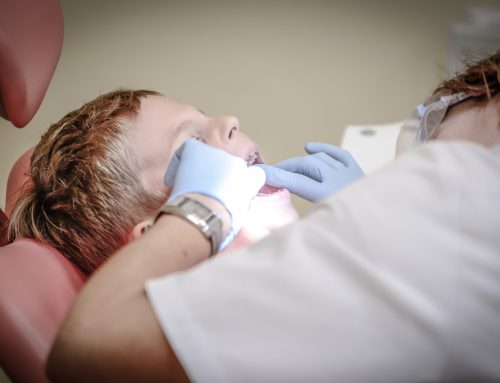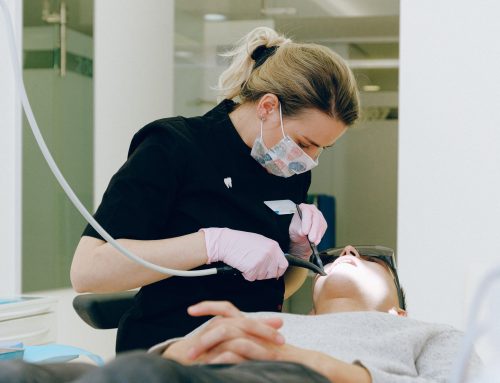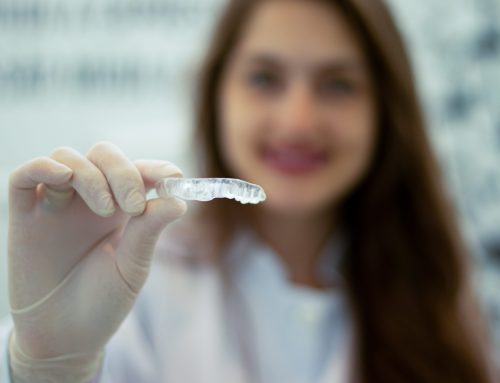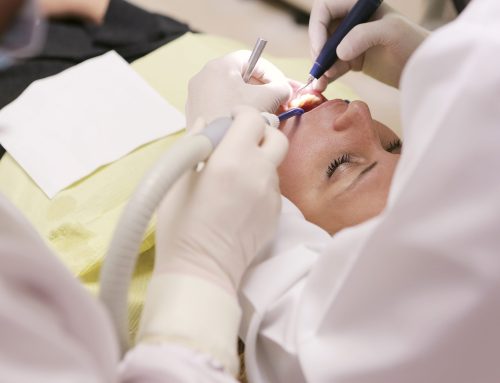Are you one of those people who avoid the dentist like the plague? Well, you may want to reconsider your stance, especially if you’re looking for ways to avoid dental emergencies. While no one is ever truly safe from dental emergencies, there are a few precautions you can take to minimize your risk.
Here are the 10 safest ways to avoid dental emergencies.
-
Be proactive and visit your dentist for regular check-ups.
It’s important to be proactive and visit your dentist for regular check-ups. By doing so, you can catch any potential problems early on and prevent them from becoming worse. Plus, a regular dental cleaning can help keep your teeth healthy and looking their best.
-
Keep your teeth clean and free of plaque and bacteria.
Keeping your teeth clean and plaque-free is one of the most important things you can do for your oral health. Bacteria and plaque can cause tooth decay and gum disease if not removed regularly.
To keep your teeth clean, brush them at least twice a day with a fluoride toothpaste. Be sure to brush all surfaces of your teeth, including the gum line. You may also want to use a dental floss or interdental brush to remove plaque from between your teeth.
If you are prone to plaque build-up, you may want to consider using a mouthwash that contains fluoride. Mouthwashes can help to kill bacteria and remove plaque.
Be sure to see your dentist at least twice a year for a professional cleaning. A professional cleaning will remove plaque and bacteria that your toothbrush and floss can’t reach.
-
Avoid eating hard and sticky foods.
The dentist has always warned me about eating hard and sticky foods. She says they are bad for my teeth because they can get stuck in my teeth and gums and cause cavities and gum disease. So I try to avoid them as much as possible. But sometimes it’s hard to resist a crunchy apple or a gooey piece of candy. I have to be careful though, because if I eat too many of those kinds of foods, it can really damage my teeth.
-
Wear a mouthguard when playing sports.
Mouthguards are an important piece of equipment for athletes of all ages. They protect your teeth and help reduce the risk of injury to your lips, cheeks, and tongue. Mouthguards can also help protect your jaw in the event of a fall or collision.
There are a few different types of mouthguards available. The most common type is the boil and bite mouthguard. This type can be customized to fit your mouth by boiling it and then biting into it. Other types of mouthguards include the stock mouthguard, which is a pre-formed mouthguard that may not fit your mouth perfectly, and the custom-made mouthguard, which is made to fit your mouth exactly by a dentist.
No matter what type of mouthguard you choose, it is important to wear it whenever you play sports. Mouthguards can help prevent serious injuries to your teeth, lips, cheeks, tongue, and jaw.
-
Use dental floss and mouthwash regularly.
Although it may seem like a hassle, using dental floss and mouthwash regularly is one of the best ways to keep your teeth and gums healthy. Dental floss helps remove plaque and bacteria from between your teeth, while mouthwash helps kill bacteria and freshen your breath.
-
Avoid chewing on ice cubes.
Chewing on ice cubes can damage your teeth. The ice can cause your teeth to crack or chip. It can also cause your gums to bleed.
-
See your dentist immediately if you experience a dental emergency.
If you experience a dental emergency, it is important to see your dentist immediately. Dental emergencies can include a toothache, a broken tooth, a lost filling, or a knocked out tooth. The sooner you see a dentist, the sooner you can get relief from your pain.
-
Have a dental emergency kit on hand.
If you have a dental emergency, it’s important to have a dental emergency kit on hand. This kit should include a toothbrush, toothpaste, floss, and a temporary filling material. If you have a dental emergency, you can use the temporary filling material to fill the hole in your tooth until you can see a dentist.
-
Seek out dental assistance if you experience a serious dental emergency.
If you experience a serious dental emergency, it is important to seek out dental assistance as soon as possible. Dental emergencies can include toothaches, knocked-out teeth, and severe bleeding. If you are experiencing a dental emergency, do not hesitate to call a dentist near you in Mississauga.
-
Know the symptoms of a dental emergency.
If you experience a dental emergency, it is important to know the symptoms and how to respond. Some common dental emergencies include a broken tooth, a lost filling, and a toothache. If you experience any of these symptoms, you should seek dental care as soon as possible.
If you have a broken tooth, you may experience pain, swelling, and bleeding. If you can find the broken piece of tooth, put it in a cup of milk and take it to the dentist. If you can’t find the broken piece, go to the dentist right away.
If you have a lost filling, you may experience pain and sensitivity to hot and cold. If the filling is small, you can try to put it back in place yourself. If the filling is large, go to the dentist near you in Mississauga right away.
If you have a toothache, you may experience pain, swelling, and sensitivity to hot and cold. Rinse your mouth with salt water and take ibuprofen to help relieve the pain. See a dentist as soon as possible.
Checkout Our Another Blogs….
Dentist Near You in Mississauga: My Top 10 Tips for a Relaxing Dental Visit
Visit Our Facebook Page….


